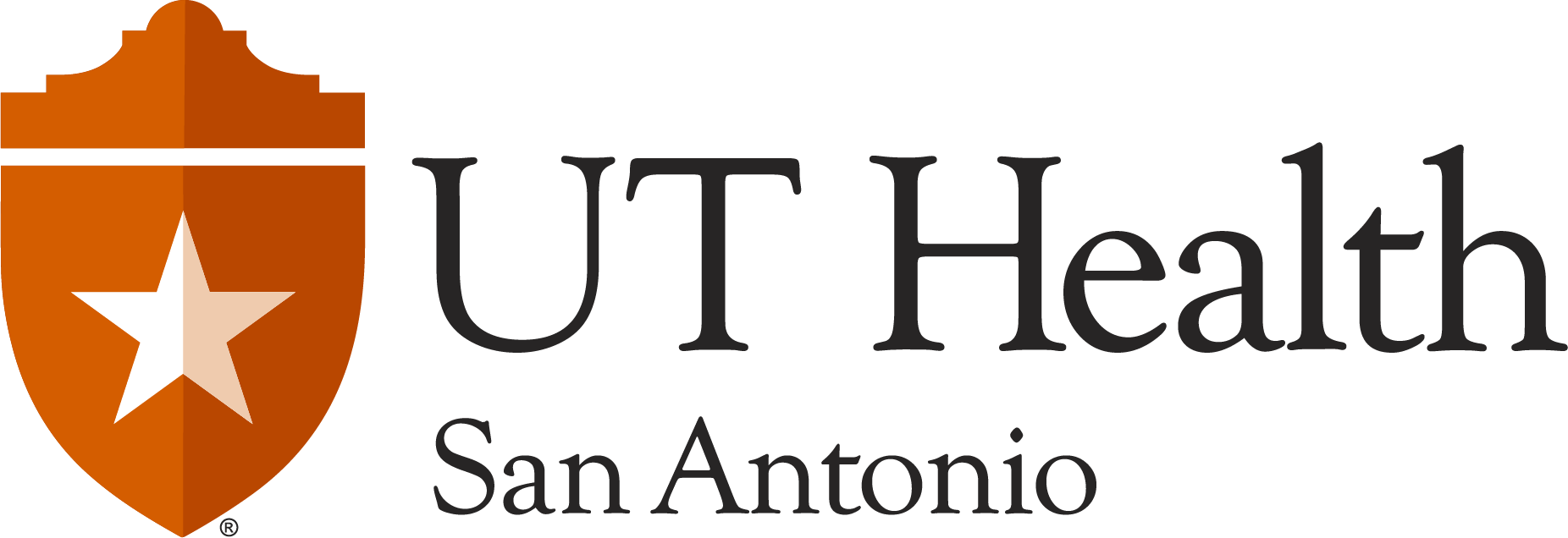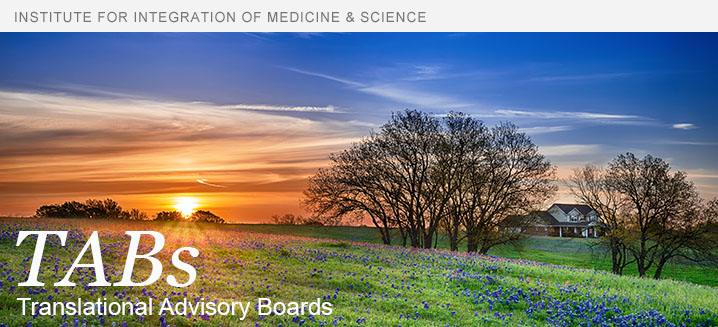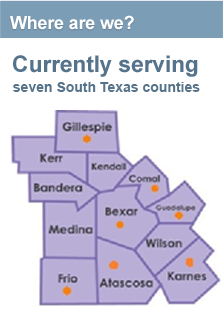Who are we?
Translational Advisory Boards (TABs) are an evolution of Area Health Education Center (AHEC) Boards, groups which have historically worked to develop community-academic partnerships throughout South Texas. TABs are comprised of community members who are committed to improving the health of their community, and who, through active involvement in community-based participatory research (CBPR), will bring research partnerships and findings from “bench to bedside to community.”
TABs are brought to South Texas communities by the IIMS, which is funded by the National Institutes of Health through a Clinical & Translational Science Award (CTSA). The IIMS seeks to improve human health by transforming the research and training environment to enhance the efficiency and quality of clinical and translational research.
Currently there are TABs located in the Atascosa, Bexar, Comal, Frio, Gillespie, Guadalupe, and Karnes Counties. Additionally, there is a cross-county Community Health Worker (CHW) TAB. Each TAB holds monthly meetings in a local community setting that is convenient to members.
What is our mission?
The mission of the TABs is to serve as a representative body which aims to improve community health through the facilitation of community-based participatory research and educational outreach activities in partnership with the UT Health San Antonio.The TABs achieve their mission by:
- Identifying community health priorities
By participating in community health assessments in partnership with community organizations to determine the community’s health improvement needs - Partnering with researchers to develop and refine health research protocols in the community
By reviewing health research proposals and providing community-relevant input for revisions. - Participating in data collection and analyses
By facilitating health research and by reviewing data collection plans and interpretation of results. - Disseminating research findings to the community
By facilitating town hall meetings, conferences, etc. to report health research results to community stakeholder groups, emphasizing the application of results to improve community health. - Seeking sustainable resources for community health research initiatives and programs
By writing and reviewing grant proposals, ensuring they address the health improvement needs of the community. - Facilitating community health research partnerships
By engaging and training interested community members in health research.



